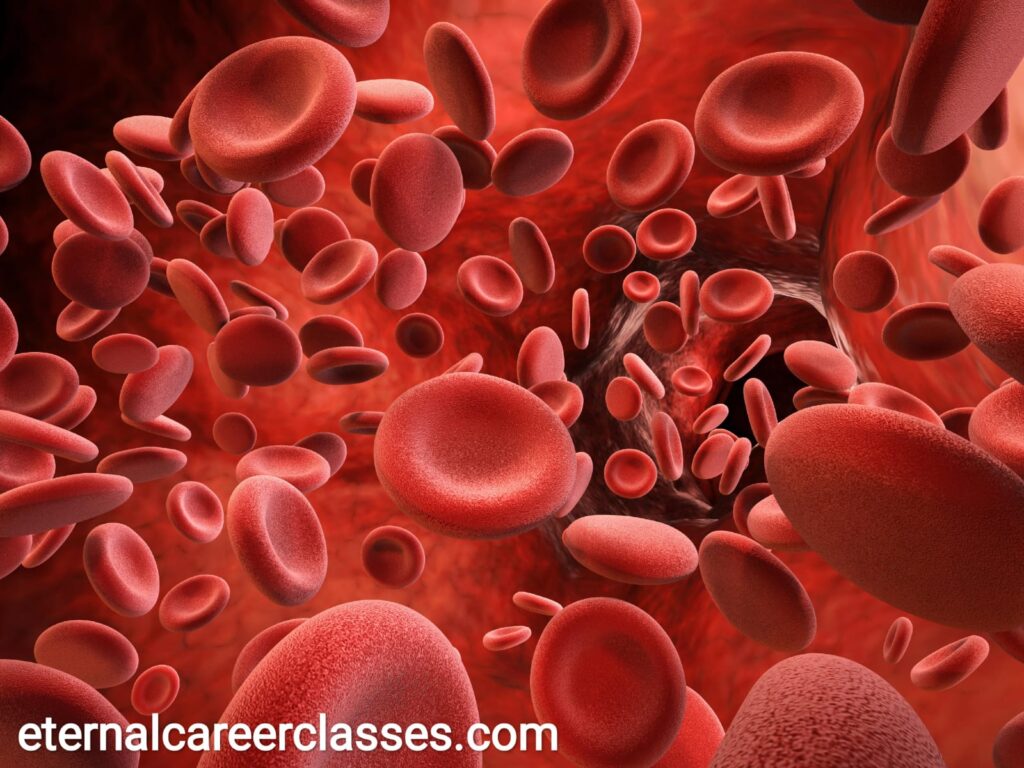
Hemophilia is a rare genetic disorder that affects the body’s ability to form blood clots. It is caused by a deficiency or malfunction of certain clotting factors, proteins in the blood that help control bleeding. This condition is typically inherited and primarily affects males, although in rare cases, females can also be affected.
There are several types of hemophilia, with the most common ones being hemophilia A and hemophilia B. Hemophilia A is caused by a deficiency of clotting factor VIII, while hemophilia B is caused by a deficiency of clotting factor IX. These clotting factors are crucial for the formation of a stable blood clot, so individuals with hemophilia have prolonged bleeding episodes, even from minor injuries.

The severity of hemophilia varies depending on the level of clotting factor present in the blood. Individuals with severe hemophilia have less than 1% of the normal clotting factor level, while those with moderate hemophilia have 1% to 5% and those with mild hemophilia have 6% to 49%. The lower the clotting factor level, the more likely an individual is to experience spontaneous bleeding into joints and muscles.
Symptoms of hemophilia include excessive bleeding from cuts, bruises, or dental procedures; prolonged bleeding after surgery; frequent nosebleeds; and, in severe cases, spontaneous bleeding into joints or muscles. Joint bleeds can cause pain, swelling, and limited range of motion. Internal bleeding, particularly in vital organs, can be life-threatening.
Hemophilia is diagnosed through blood tests that measure the levels of clotting factors in the blood. Treatment for hemophilia involves replacing the missing or deficient clotting factor through intravenous infusions of clotting factor concentrates. This treatment, called replacement therapy, helps control bleeding episodes and prevents complications.

In recent years, advancements in treatment options for hemophilia have been made, including the development of extended half-life clotting factor concentrates that require fewer infusions. Gene therapy, which aims to introduce a functional clotting factor gene into the body, is also being explored as a potential treatment option.
Living with hemophilia requires careful management and precautions to prevent bleeding episodes. This includes maintaining a healthy lifestyle, regular exercise, avoiding activities that may cause injury, and promptly treating any bleeds that do occur.
It’s important for individuals with hemophilia to work closely with a specialized healthcare team, which may include hematologists, nurses, physical therapists, and social workers, to ensure comprehensive care and support.

VISIT OUR OFFICE : 5TH FLOOR LE-DESIRE COMPLEX, CIRCULAR ROAD ,LALPUR, RANCHI, JHARKHAND
VISIT OUR WEBSITE FOR MORE INFOMATION HTTPS://ETERNALCAREERCLASSES.COM
FOR TEST SERISE, PREVIOUS YEAR QUESTION PAPER OF NEET AND DPP FROM ALL CHAPTERS ARE AVAILABLE ON ETERNAL RANCHI APP.DIRECT DOWNLOAD FROM QR CODE GIVEN BELOW
